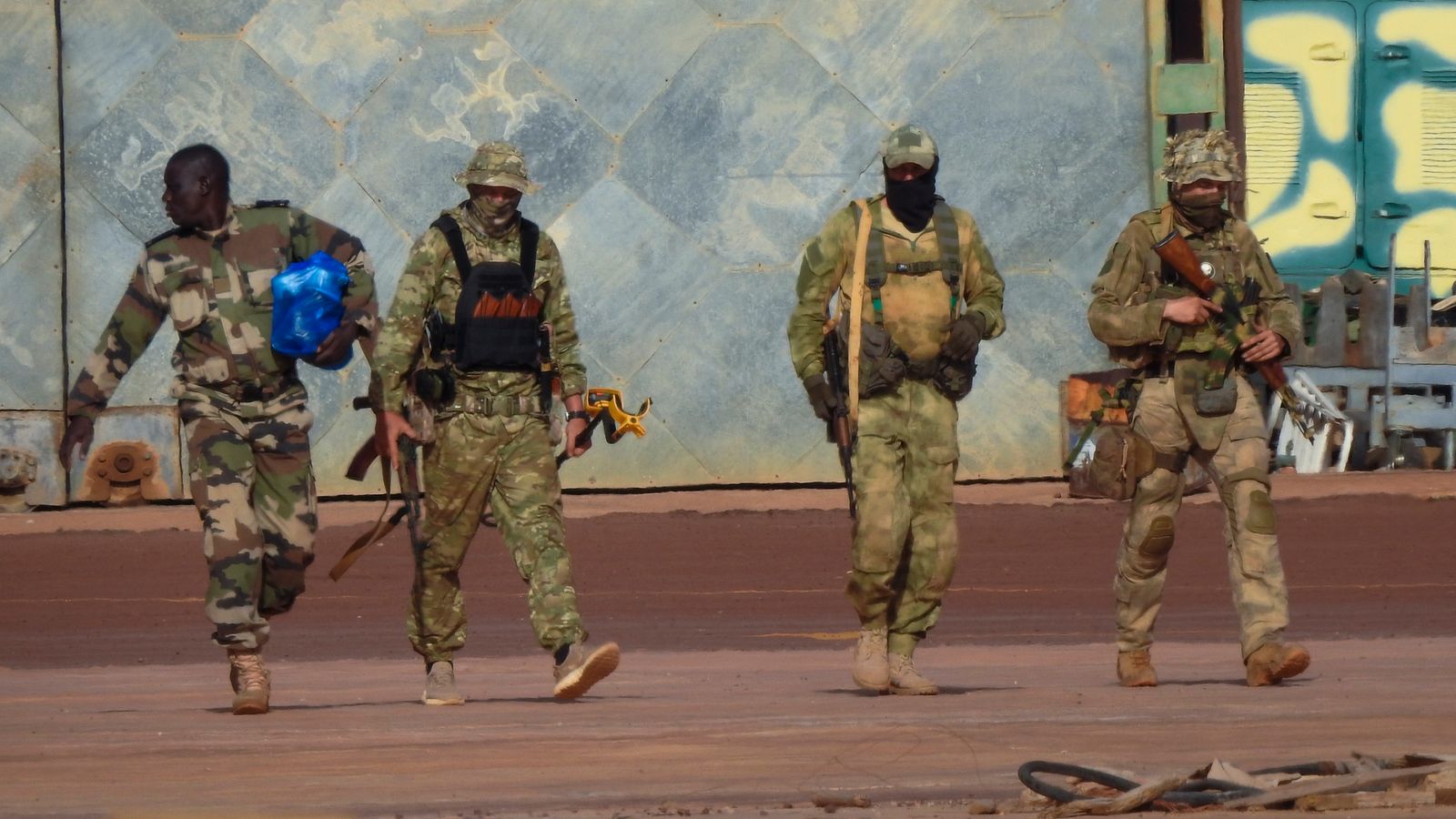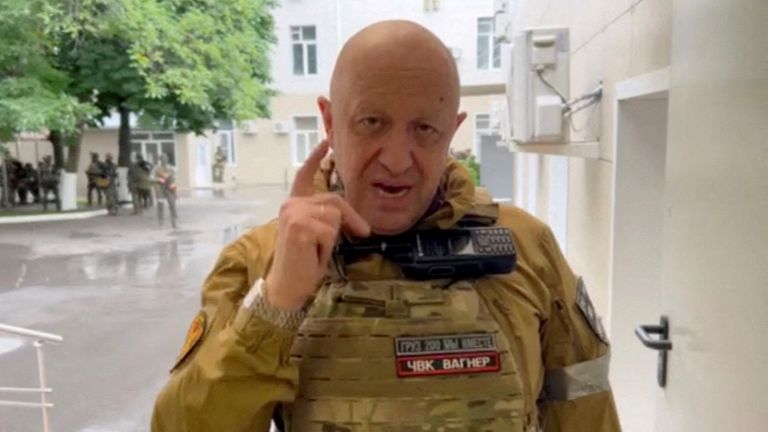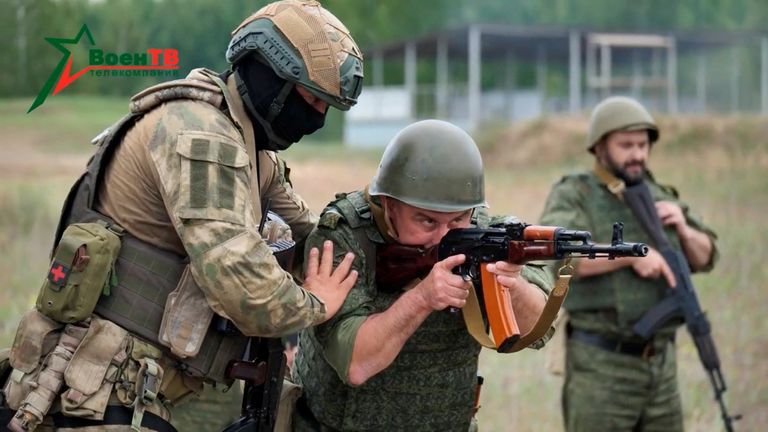The UK government’s sanctions targeting Wagner have been “underwhelming in the extreme” and it should act faster to exploit the mercenary group’s current weakness, a new report has found.
MPs on the foreign affairs committee say ministers have taken their eye off the ball over the last decade as Wagner expanded its reach across Syria, Ukraine and Africa.
The committee’s report, entitled ‘Guns for Gold: the Wagner Network exposed’, details the nefarious, destabilising nature of Wagner, especially in Africa, where the group makes most of its money, and highlights what it describes as government complacency in failing to recognise and act in a coordinated fashion to mitigate the risk that Wagner, as a slippery Russian proxy, represents.
The report says the UK’s efforts to sanction individuals and entities associated with Wagner’s wide-ranging network have been poor compared with those of the EU and US and says it is not equipped to track Wagner’s activity as it transforms in the aftermath of Evgeny Prigozhin‘s coup.
A lack of clarity as to what exactly the Wagner network represents means Wagner-linked entities may still have access to UK financial markets, the report claims, and the tendency to view the group through the prism of Ukraine has stymied the government’s ability to protect the international order and UK interests as the network expands.
Wagner has spread its tentacles incredibly fast across the African continent, providing an array of services from counter-insurgency operations to security assistance, military training and political influence campaigns in exchange mostly for hugely lucrative mineral concessions which in turn bolster Russia’s heavily sanctioned state coffers.
The Kremlin appears to have recognised that despite Prigozhin’s waywardness, it cannot afford from a foreign policy perspective to dismantle the group’s network in countries like the Central African Republic, Mali, Sudan and Libya.
This is why it appears, at least in part, that Evgeny Prigozhin has been allowed to sit easy for now in Belarus, with Wagner forces taking a break from their Ukraine activity to focus instead on Africa.
African countries meanwhile continue to rely heavily on the Wagner model to prop up weak and unstable regimes.
‘State capture’ in Africa
The Central African Republic (CAR) has just announced that Wagner will be providing security around this Sunday’s referendum which seeks constitutional changes to enable President Touadera to run for a third term (echoes of Vladimir Putin there).
The report describes the CAR’s reliance on Wagner as an example of ‘state capture’ and a warning of what may happen elsewhere given the country’s continued and bloody instability.
The UK should make it clear to countries looking to engage with malign PMCs like Wagner, the report says, that the downsides of instability, corruption and a tendency towards extreme violence outweigh any perceived benefit and that cooperation may carry financial and diplomatic consequences.
Read more:
Wagner troops leave CAR after ‘refusing contracts with Russia’
Is this where Wagner Group fighters could be based in Belarus?
Russia, alongside China, has deepened its influence in Africa as the UK has been preoccupied with security threats closer to home.
France has been forced out of the CAR and Mali as actors like Wagner assert their influence in these deeply unstable countries. The UK’s stabilisation efforts in Libya seem like policy from a bygone era.
Despite the obvious priority afforded Ukraine as it battles Russia’s unconscionable invasion, this report argues the UK must up its game if it is to keep on top of the significant threat that Wagner continues to represent to UK security interests across the globe.


